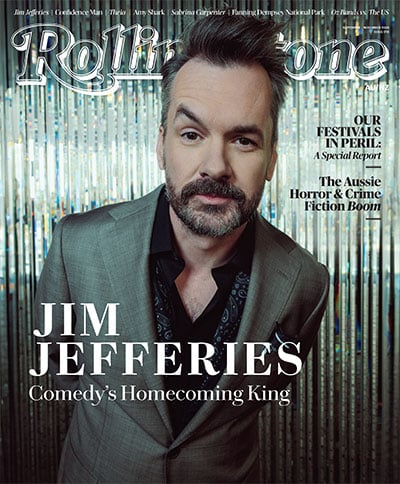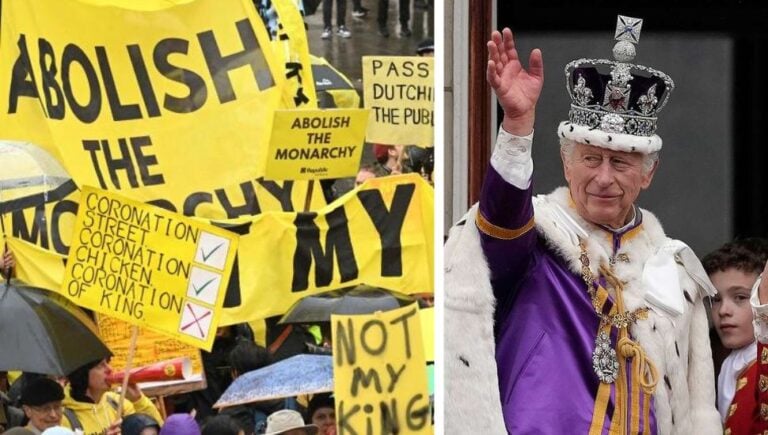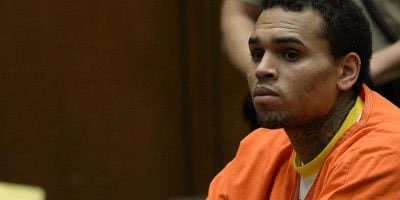The recent coronation of King Charles has been met with both celebration and outcry, as anti-monarchist protesters criticize what they perceive as heavy-handed policing tactics during the event. Numerous arrests and restrictions on peaceful protests have sparked a heated debate surrounding the balance between public security and the right to dissent at high-profile occasions.
The recent coronation of King Charles has been met with both celebration and outcry, as anti-monarchist protesters criticize what they perceive as heavy-handed policing tactics during the event.
Numerous arrests and restrictions on peaceful protests have sparked a heated debate surrounding the balance between public security and the right to dissent at high-profile occasions.
Heavy-Handed Policing Raises Eyebrows at Royal Event
King Charles’ Coronation took place amid a wave of criticism from anti-monarchists who have expressed concern over the heavy-handed policing and arrests during the event. They argue that the right to peaceful protest in Britain no longer exists, with dozens of protesters arrested and detained.
A Chilling Effect on Peaceful Protests
Graham Smith, leader of the Republic group, was among those arrested in central London. Police justified their actions by claiming that their duty to prevent disruption to the royal event outweighed the right to protest. Members of Republic were released after nearly 16 hours in custody. Smith stated that the arrests were not about protecting people from harm, but about protecting the King from embarrassment.
London’s Metropolitan Police reported a total of 64 arrests on Saturday for offences such as breach of the peace and conspiracy to cause a public nuisance. One individual was charged under the public order act, while others were released on bail.
Policing Powers Expanded, Concerns Rise
The police have gained additional powers to curtail protests under a new policing law passed last year and a public order act that came into force on May 3. Despite the arrests, tens of thousands of people gathered to witness the newly crowned King Charles and Queen Camilla’s procession from Westminster Abbey to Buckingham Palace. However, not all attendees were there to celebrate, with hundreds of republicans booing and waving banners reading “Not My King”.
Defending Police Actions
Culture Minister Lucy Frazer expressed confidence in the police’s actions, stating that they managed to strike the right balance during the event. The police argued that they acted after receiving information that protesters were determined to disrupt the coronation procession. London police chief Mark Rowley warned that there would be a “very low tolerance” for disruption.
Opposing Views
Wes Streeting, a senior lawmaker from the opposition Labour Party, declined to comment on specific arrests while investigations were ongoing, but said London’s police would have to be accountable as to whether their overall approach to the coronation was proportionate. The dispute over heavy-handed policing and arrests at King Charles’ Coronation has ignited a broader conversation about the balance between the right to protest and the need for security at high-profile events.
In conclusion, the controversy surrounding the policing at King Charles’ Coronation has raised questions about the right to peaceful protest in Britain and the appropriate use of police force during high-profile events. The debate over these issues will likely continue to unfold in the coming days and weeks.
The writer used AI tools to publish part of this article. The Brag Media relies on journalists to fact check & edit all articles regardless of any AI tools used.

































